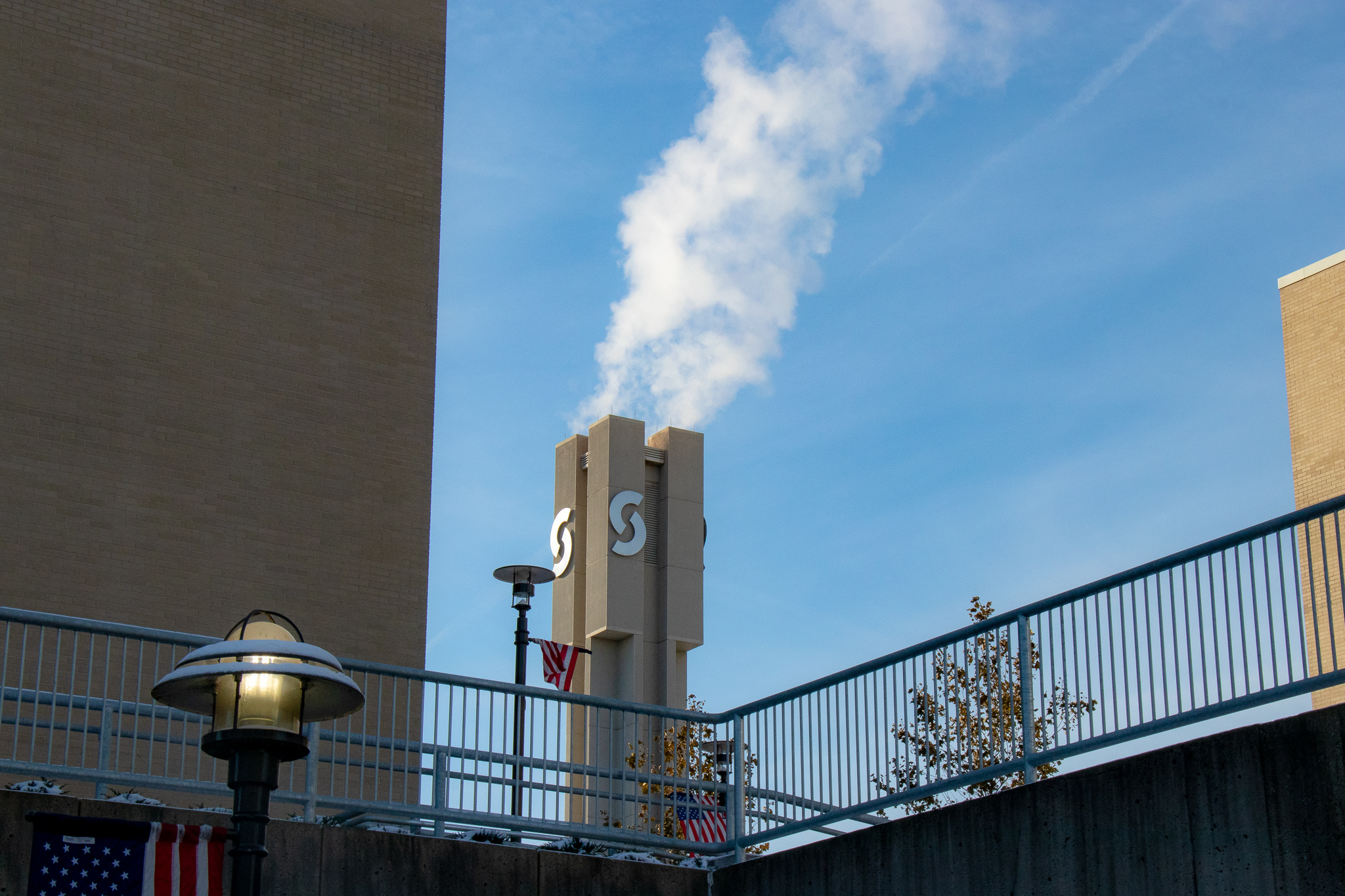Spring Break began Monday, March 2 with classes at Sinclair Community College resuming on March 8, if not March 9 or 10, depending on the individual’s course schedule. As students returned to campus they prepared to tackle assignments, focus on upcoming projects, and attend the various events the college had to offer. Then, come Tuesday, there were talks of Sinclair following the path of Ohio State University by closing the campus due to concerns with COVID-19, also known as the coronavirus.
At that point in time, there were only 3 confirmed cases of COVID-19 in Ohio, all found within Cuyahoga County. However, Gov. Mike DeWine immediately took precautions to curb the virus. By doing so, it was his intention to limit the ability for civilians to enter areas with a high volume of people, such as colleges.
Ultimately, there was uncertainty for the course of action that would occur at Sinclair specifically. So classes proceeded on as normal, with some students being unaware of the faculty discussions entirely.
By 5:30 p.m. Wright State University announced that their campus would be closing and across social media, college-aged Daytonians checked to see what would happen next, certain that more colleges would be following suit.
Nearing 8:30 p.m., official texts and emails were sent to Sinclair students, stating all in-person classes were canceled and they would resume on March 23, online. This meant that as their Professors had to restructure their lesson plan to fit the new format, students were yet again allowed to stay home without some of the immediate responsibilities of their classes.

“When I read that campus was closing, I was furious,” said Skylarr Marsh, a psychology major at Sinclair. “Mainly because I thought about all my assignments that were due, my anxiety about online classes, and thinking about how this will affect my final grades. I didn’t take it too seriously, but I know it’s real when Sinclair shuts down because they never do.”
Marsh has attended Sinclair since 2017, yet during her time enrolled, she had never taken any online classes. Her reason for this was due to her discomfort.
“I get so confused, and I like to be taught verbally.” Marsh explained, “I feel like I understand much better if I do.”
Shawtra Mosley is another student as Sinclair, majoring in Hospitality Management. She would find out about the closing on Tuesday night while in her Meeting and Event Planning class. The news was first relayed through another student, who acquired the information in an email from one of her professors. Afterward, Mosley’s instructor opened her own email, verifying to the class that it was happening.
“I was a bit confused.” Mosley recalled, “the email was sent at 10:20 in the morning, but around 6 p.m., we hadn’t heard anything from Sinclair itself.”
Mosley was surprised at the transition to online classes, further stating: “I am not happy about it. I am signed up for accessibility services, so I am not sure how it will work if I need help.”
In addition to this, Mosley is not only a student but a student tutor at Sinclair as well. As of now, she is still working although her job has been going very slow. “We have been telling them services will resume on the 23rd and [to] keep checking their Sinclair email.” Mosley said.
Similarly, Sarah Kusnerik is yet another student worker who noted how slow work has been. Kusnerik majors in Visual Communications and has been at Sinclair for two years, she is one of the graphic designers employed with The Clarion, but is also a student ambassador in Building 10. In this position, she helps students to transition into Sinclair by assisting them with things such as class registration and ordering books.

“We haven’t really gotten that many students asking about the closing.” Kusnerik said, “though myself and other student ambassadors have been talking, and we’ve all just agreed to take it all in stride.”
Even so, Kusnerik noted that her supervisor has seen students possess reoccurring concerns for matters such as financial aid since classes are canceled for a week in a half. There are also worries about online schooling continuing into the summer, and there are even students desiring refunds for online courses, due to the fact they did not sign up for it.
“As for me, I’m a bit nervous. As a design student, we have face-to-face classes more often than not.” Kusnerik said, “we have projects that need to be printed a certain way, normally larger than [the] standard size. We have printers in the design department building that print the size that [is] needed, but if classes are canceled, I’m concerned that the printers won’t be available for use.
Not only that, but I’m concerned that the portfolio show won’t be able to be done, as that is a main staple in all design students, as it is a mandatory graduation requirement.”
Kusnerik further expressed concerns for how well these face-to-face classes will transfer online, yet another thought Sinclair students have wondered during this time.
In terms of Sinclair’s future, all that is presently known is that these measures will continue until further notice, as it is stated on the site under Public Safety. Much like America’s handling of COVID-19, Sinclair Community College must take this one day at a time as well.
Ayzha Middlebrooks
Associate Editor

